
IN PARTNERSHIP WITH

Happy election day to our Kenyan readers!
We’re all hoping for a smooth voting period, and Kenya’s Independent Electoral and Boundaries Commission (IEBC) and social media platforms are doing what they can to make sure everyone feels safe online.
As you vote offline at your polling units, remember to keep safe.
The Standard and Soko Directory have published good guidelines for safety during the elections tomorrow. A quick summary to keep in mind is to wear non-partisan/non-political outfits, avoid large crowds, avoid heated discussions, and go straight home after voting!
CRYPTO MARKET: NIGERIANS ARE MOST-CURIOUS ABOUT CRYPTO

|
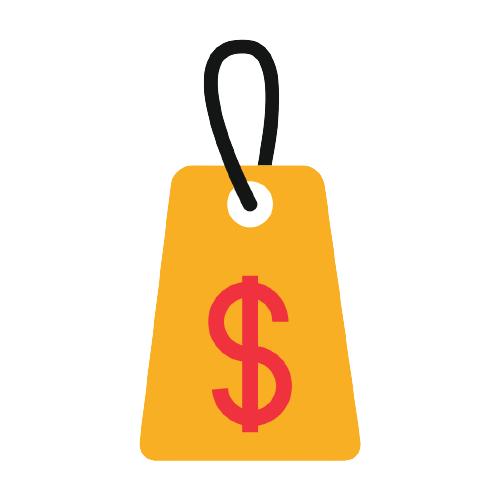
|

|
|---|---|---|
|
Bitcoin 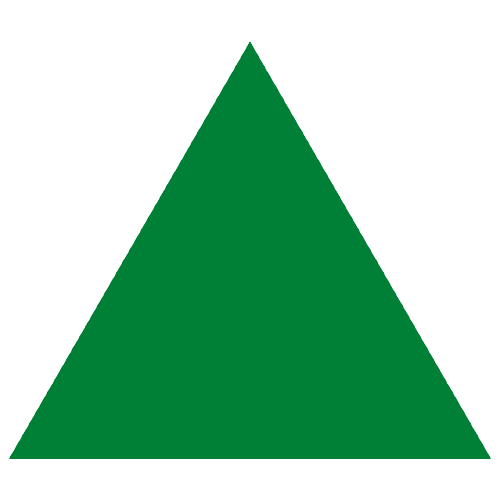
|
$23,941 |
+ 3.17% |
|
Ethereum 
|
$1,783 |
+ 4.32% |
|
BNB 
|
$327 |
+ 1.49% |
|
Solana 
|
$42.50 |
+ 2.76% |
|
Cardano 
|
$0.54 |
+ 2.75% |
|
|
Source: CoinMarketCap
|
|
* Data as of 08:50 PM WAT, August 8, 2022.
Nigeria is the most cryptocurrency-obsessed country in the world… Or at least that’s what CoinGecko says.
According to the crypto price-tracking platform, since the great dip in April, Nigeria has ranked highest as the country most curious about crypto. Using Google Trends, CoinGecko says that Nigeria topped the list for its population having the highest search levels for the phrases “cryptocurrency”, “invest in crypto”, “crypto”, and “buy crypto” worldwide.
The UAE is second and Singapore third. The next African country on the crypto-curiosity list after Nigeria is Kenya, coming in at number 15.
KENYA ENFORCES CODING IN SCHOOLS
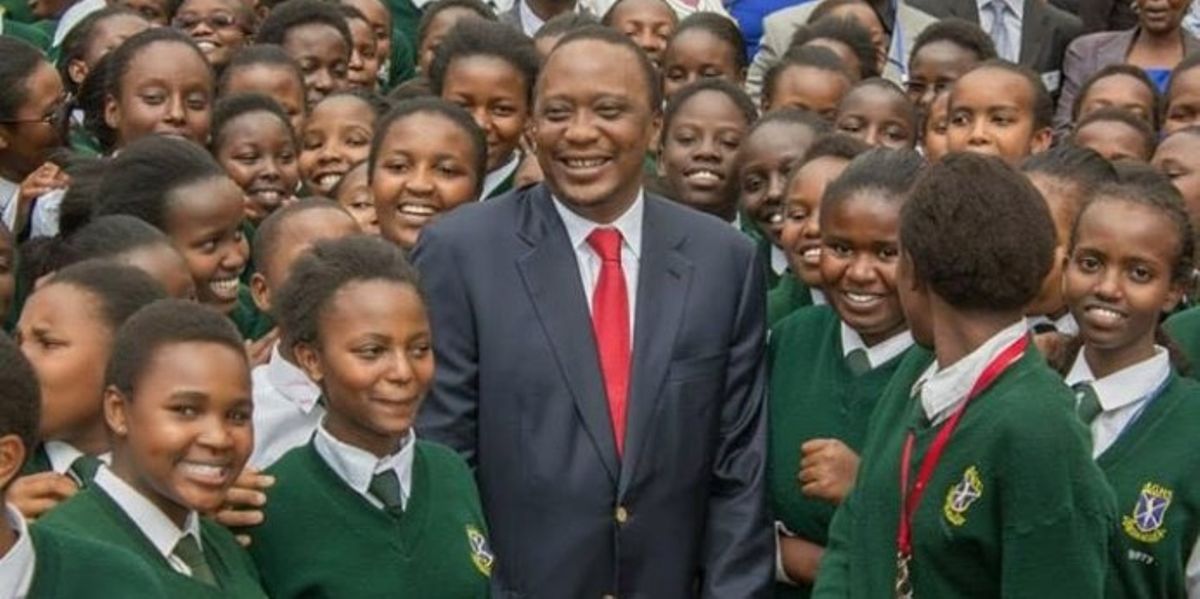
President Uhuru Kenyatta’s tenure might be coming to an end, but he’s leaving a mark that may benefit Kenya’s tech ecosystem in years to come.
On Friday, Kenyatta announced the addition of coding as a subject into its primary and secondary school curricula.
With the announcement, Kenya will be the first African country to approve coding as a subject in schools. The curriculum was earlier introduced in April 2022—around the same time Kenya’s 10-year digital master plan was launched—but it’s now received the presidential stamp of approval.
Kenya’s digital master plan
At the announcement of the coding curricula on Friday, Kenyatta also inaugurated Kenya’s 10-year digital master plan.
First announced in March by the Kenyan Ministry of ICT, Youth Affairs, and Innovation, the digital master plan is a guide for the delivery of ICT infrastructure, skills, awareness, and services to Kenya over the next 10 years.
The digital master plan will increase Kenya’s 4G coverage by deploying 100,000 km of fibre-optic infrastructure to 40,000 learning institutions, 20,000 government institutions, 13,000 health facilities, and 25,000 hotspots. It also includes plans for the improvement of the country’s tech laws and the establishment of 2 software and 2 hardware facilities.
Kenya’s ICT sector is worth over Ksh538 billion ($4.6 billion), and it contributes a little over 8% to the country’s GDP so the country wants to lean hard on that and ensure that the numbers keep going up!
SOUTH AFRICA’S GOVERNMENT LAUNCHES APP TO TACKLE POTHOLES
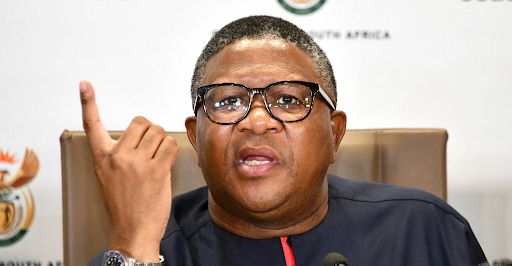
Everyone hates traffic, but you know what people hate more? Driving into potholes and hearing their car scream screech for help. South Africa’s government is saying no to potholes, and now, it has launched an app to show that they mean business.
How does the app help?
The app allows road users to report potholes to the government by taking pictures of them and uploading their real-time locations on the app. Also, through its pothole ticketing system, the app promises to provide status updates on the issues raised.
What next? According to Fikile Mbalula, the transport minister, the information on the app then gets through to relevant authorities in the area, cuing the maintenance depot for the road concerned to swing into a pothole-fixing action.
Like Big Brother, SANRAL is watching
South African National Roads Agency (SANRAL) is South Africa’s road maintenance parastatal. Over the next 6 months, they will be “closely monitoring” the impact of the app-generated interventions. They will also generate reports to show how valid the venture was and the average turnaround time it takes to fix a pothole (their policy says 2 days, though).
With this application, South Africa’s government is bringing transparency, accountability, and citizen participation together to say no to potholes.
Don’t just send money, send money fast. Send and receive money directly to mobile wallets, bank accounts, Barter or through cash pickup with $end.
Visit send.flutterwave.com and do it now!
This is partner content.
CALLS WILL GET CHEAPER IN KENYA
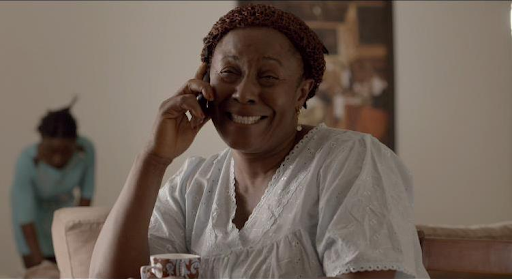
While in countries like Nigeria, the cost of calls and SMS is on the verge of increasing, the Communication Authority of Kenya (CAK) has cut the cost of calls from Ksh0.99 ($0.0083) per minute to KSh0.58 ($0.0049) per minute—a 41.4% decrease. The new rates took effect on August 1, 2022.
It’s a sweet deal for Kenyans. It could have been a sweeter 87% decrease, but telco giant Safaricom wasn’t having it. Instead, it had a court fight with the CAK, arguing that it was not consulted on the matter and a tariff decrease would affect its business.
Well, would it?
Of course.
Safaricom gets about Ksh6.5 billion (about $53 million) from mobile termination rates (MTR) annually, and the earlier proposed 87% decrease would have reduced that drastically. MTRs are fees one network pays to the other network it wants to place a call to. This rate usually includes the cost of connecting the call and the profit that the receiving network wants to make from the call. The more expensive this rate is, the more money customers pay to make inter-network calls. Every telecom operator earns from MTR, but Safaricom gets a larger slice of the pie—Sh6.5 billion—because it holds 67.8 % of the voice market.
Seven months after the first announcement, the Communication Authority of Kenya and Mobile Network Operators (MNOs) have mutually agreed on an interim mobile termination rate (MTR) and fixed termination rate of Sh0.58.
This reduction not only makes telephone communication in Kenya cheaper, it also levels the playing field for other mobile operators who have long been dominated by Safaricom. This is hopeful news in a continent which has some of the world’s most expensive data plans.
EQUIANO LANDS IN SOUTH AFRICA
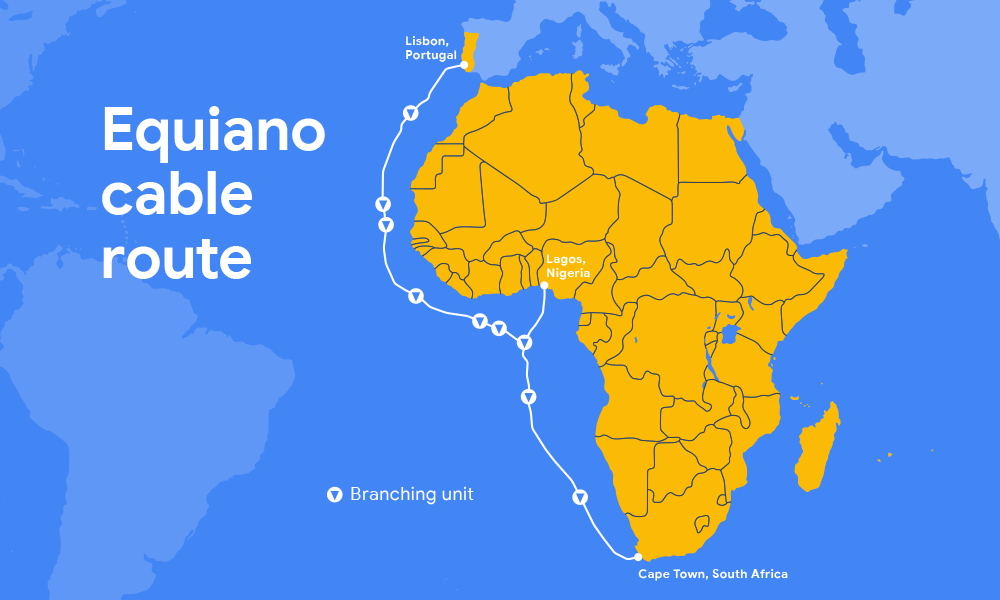
Four months after it first landed in Togo, Google’s first African subsea internet cable has completed its trip and landed in South Africa.
In October 2021 Google CEO, Sundar Pichai, announced a plan to invest $1 billion over 5 years to support digital transformation in Africa, of which Project Equiano is part.
Equiano snaked its way through Togo, Nigeria, and Namibia, and it finally landed in Melkbosstrand, north of Cape Town, yesterday.
First announced in 2019, Equiano was originally scheduled to be completed in 2021 but was delayed. According to Google, the cable will provide valuable new high-capacity internet connection between Africa and Europe. It’s also expected to increase internet speeds and internet penetration by at least 6% in some parts of the continent.
In Togo, the cable is primed to add approximately 37,000 new jobs between 2022 and 2025, and increase Togo’s economic output by an additional $351 million during the same period. In Nigeria, it’s expected to boost GDP by $10.1 billion by 2025; and in Namibia, it’s expected to create 21,000 indirect jobs expected to be created between 2022 and 2025.
$100-BILLION FOR SA’S GREEN ENERGY STARTUPS

The land is green for greentech startups in South Africa.
South Africa’s clean energy startups have a chance to pitch for funding from international and native investors who collectively hold investments worth over $100 billion. The summit is titled Inexperienced Power Africa Summit, but the pitch is called Energy Investment Village. It is being organised by the Hyve Group, the organisers of Mining Indaba and Africa Oil Week. It is set to hold on October 5, 2022.
How to be a part of it
If you have a clear energy startup in South Africa you can apply here. Hyve Group is partnering with the Saldanha Bay Innovation Campus (SBIC) and advisory firm RIIS to vet the applicants and shortlist candidates who qualify for the pitching event in October. The shortlisted candidates will be given free business training to prepare them for the pitch event.
The VP of Energy and Director of Government Relations for Africa Oil Week and Green Energy Africa Summit Paul Sinclair believes that the pitch session could become a part of the Green Energy Africa Summit henceforth.
Curious about the launch of MTN’s MoMo Payment Service Bank, and what this means for customers and fintech operators? Read a detailed analysis here.
This is partner content.
IN OTHER NEWS FROM TECHCABAL
The Next Wave: African investors love fintech, but there’s an opportunity cost.
South African VC firm Havaic invests $500,000 in FinAccess to scale co-ops across East Africa.
The future of mobility and car subscriptions in South Africa, according to Planet42 managing director.
OPPORTUNITIES
- The 2022 Female-Led Healthtech Startups in Ghana Call is now open to applications from healthtech startups in Ghana who have at least 1 woman on their leadership team. Five selected startups will receive $50,000 each in funding and incubation support from Villagro Africa and GTL. Apply by August 19.
- The ADMF CreaTech Animation Incubator 2022 is now open to applications from East African individual animators and teams who have unique animated series concepts they want to develop. Twenty selected animators/teams will participate in a 12-week BootCamp that will include mentoring and high-level training with established industry professionals. Apply by August 15.
- Fintechs focusing on financial inclusion in Africa can now apply for the CATAPULT: Inclusion Africa Programme 2022. Ten selected fintechs will participate in a one-week all-expenses-paid bootcamp, and participate in the Arch Summit event. Apply by September 15.
What else is happening in tech?
- How the Kenyan Communications Authority has prepared telcos for election results transmission.
- Internet service provider Tizeti is set to expand its footprints across West Africa.
- Crypto exchange platform Yellow Card launches its payment solution Yellow Pay.
- Twitter fixes a security flaw that exposed at least 5.4 million accounts.
- Here’s why the SANU app is important.
DISCOVER OPPORTUNITIES IN TECH

Find out how you can access tech career opportunities. Sign up for #EnteringTech..























